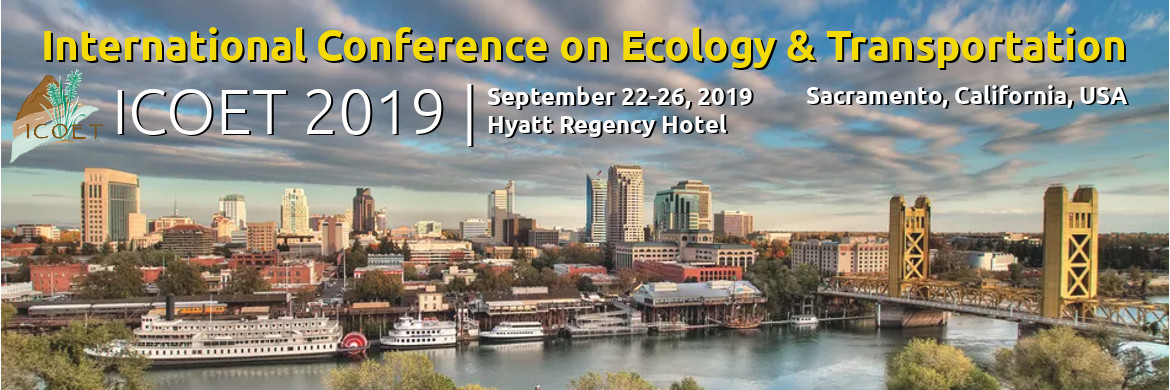Transportation ecology research in Brazil has increased and diversified in the past decade. It started with a few scattered researchers describing road-kill records to the creation of strong research groups focusing on understanding the ecological patterns and processes associated with roads. These research groups work on different contexts and focus their research on varied subjects, from direct wildlife mortality, marginal effects of roads and effectiveness of varied mitigation measures to the indirect effects of increased deforestation due to roads. With the strengthened research and the interaction with environmental consultants and analysts, a demand to qualify public transportation policies emerged in the country, to improve how environmental issues are managed within the transportation project authorization process required by the Brazilian environmental legislation. Many different initiatives started to be developed aiming to turn scientific knowledge into official technical recommendations and, consequently, public policies. As an example, the Road and Railroad Ecology Research Group (Núcleo de Ecologia de Rodovias e Ferrovias – NERF/UFRGS) developed series of workshops to discuss the scoping of terms of reference for environmental licensing of new roads, to discuss sampling protocols for assessing wildlife mortality and mitigation effectiveness on railroads at the national level, and to discuss sampling protocols for assessing wildlife mortality on roads at the state level. In the last year, a national network of researchers and environmental consultants with experience on transportation ecology was created, called the Brazilian Network of Transportation Ecology Specialists (Rede Brasileira de Especialistas em Ecologia de Transportes – REET Brasil). The mission of this network is promoting, defending and spreading technical and scientific information related to transport ecology, with the aim of promoting sustainable development and the biological conservation of ecosystems directly or indirectly affected by terrestrial, aerial and waterway transportation. One of the proposed actions of the network is the inclusion of environmental requirements for road concession, since concession companies argue that they are not obliged to invest in road mitigation because this was not included in their original contracts. This is of special importance in a political context in which the federal government is aiming to privatize most new and existing transportation infrastructure. The creation of organized professional groups and large networks has been instrumental in consolidating the combination of scientific knowledge, communication, cooperation, policies and governance that are critical for decision-making with credibility, salience, legitimacy and feasibility. Regulations and guidelines developed based on the collaboration and consensus among different sectors, as well as based on scientific evidence, have the potential of being more effective.
Partnerships and Collaborative Approaches for Improving Transportation Ecology
South America
public policies
Collaboration
